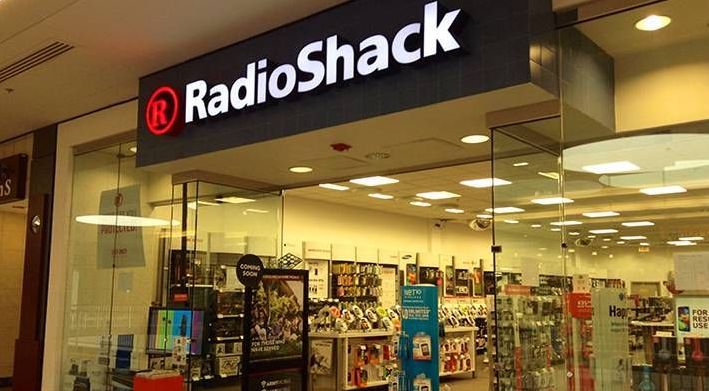You will do well to expand your horizons
[et_pb_section fb_built=”1″ admin_label=”section” _builder_version=”3.0.47″ custom_padding=”1px|0px|29.7031px|0px|false|false”][et_pb_row admin_label=”row” _builder_version=”3.0.48″ background_size=”initial” background_position=”top_left” background_repeat=”repeat”][et_pb_column type=”4_4″ _builder_version=”3.0.47″ parallax=”off” parallax_method=”on”][et_pb_text admin_label=”Text” _builder_version=”3.0.74″ background_size=”initial” background_position=”top_left” background_repeat=”repeat”]
Simple technology shifts change markets and challenge brands
You will do well to expand your horizons. This phrase came from a fortune cookie. A simple statement that says a lot about how we view our world, our work, and our goals. Operating from what we already know is what most people, and most businesses, do. Brands big and small do more of the same to get more of the same. The limitations of this kind of “tunnel” vision can become painfully clear when you suddenly realize your market category has shifted away from your solution.
Smartphones and the death of taxis
New competition can come out of left field from a new, unexpected solution, such as ride-sharing technology from companies like Uber, which dramatically affected the taxi industry because they failed to shift their business model. As a result, the once-prized NYC Yellow Cab medallions that fetched as much as $1million each are barely worth $100,000 now.

All it took was someone seeing that a smartphone with geolocation features can connect people needing to get somewhere with a driver willing to take them. This simple concept of being the “middleman” in fulfilling demand transformed a whole industry. The same has happened with Airbnb as they reinvented the hospitality industry by connecting individual homeowners to millions of travelers seeking a place to stay.
By not repurposing brand assets you kill your business – Think Radio Shack
What if Radio Shack had repurposed their amazing assets: 7,000 retail locations (more retail coverage than almost any national chain) with a store location within 3 miles of 80% of Americans? As sales dropped, they focused on electronics and mobile phones and lost their way, competing where they could never win. What if they realized that they were ignoring some key customers that the business model had originally been based on – the do-it-yourself crowd, now called the “Maker Community?”

This geeky group of build-your-own, tech-savvy enthusiasts has rapidly expanded across the country and the world, learning how to build cool stuff with limited resources and sharing ideas in their burgeoning on and offline communities. From robots and drones to smart homes and video cams, Radio Shack could have become a powerhouse by shifting their brand focus and business model. Using social media and building a loyal following, they could have transformed their 7,000 stores and put them at the center of this creative tech movement. While they died, Best Buy soared to success by realizing their potential and shifting their view by valuing online and in-store sales equally. They turned their warehouse into fulfillment centers and their retail stores into high-touch showrooms. They didn’t care how or where consumers bought as long as it was from them.
How do brands stay engaged with consumers as markets change?
The current flow of technology now shapes new markets and whole industries in new ways and consumers follow. Maybe your customers no longer have the same hot-button issues you identified several years ago. Or, maybe there are untapped consumers on the horizon who are not being served by your brand because you’ve not shifted to a delivery model or online sales. Expanding your horizons can open new opportunities for growth.

Expand your horizons – don’t limit your brand’s potential
Embrace the ever-present truth that we all must adapt to technology, disruptive change, and new competition. We must remember that consumers focus on having choice and selection wherever it comes from. Are you ready to adapt?
[/et_pb_text][/et_pb_column][/et_pb_row][/et_pb_section]
